 Photo by Ágatha Depiné on Unsplash
Photo by Ágatha Depiné on UnsplashWomen's bodies are amazing! From birth to puberty to adulthood, they go through many changes. But one change that gets the least attention and causes much psychological impact is when the menstrual cycle ends — known scientifically as menopause.
There's typically a lot of mystery and awkwardness around the subject of menopause. People don't really discuss the subject matter till they hit a certain age, yet it's bound to happen. Clearing the air surrounding this taboo is crucial in helping women manage the transition into menopause.
Defining the mid-life menstrual pause

Menopause is a natural biological process that marks the end of the menstrual cycle in women. Although the "pause" in the word menopause might suggest that it's temporary or for a brief period of time, the pause is really for the rest of your life.

So when does menopause happen?
Technically, menopause begins nearly a year after a woman's last period. However, many people may refer to this entire physical and psychological transitional period (that can take up to several years) as menopause. This includes the perimenopausal period — the time when the length of a woman's menstrual cycle is changing, to all the time after that one year of "no period".
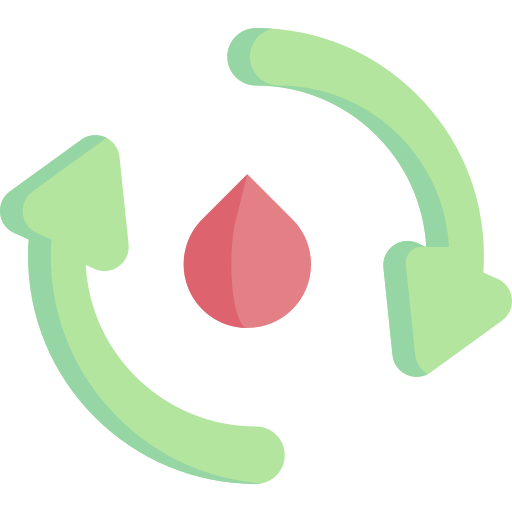 Think of this entire metamorphosis period as a cycle similar to hitting puberty — a process spanning over years that takes you through different experiences both good and bad, just like puberty but as the opposite bookend.
Think of this entire metamorphosis period as a cycle similar to hitting puberty — a process spanning over years that takes you through different experiences both good and bad, just like puberty but as the opposite bookend.
Did you know?
The science behind menopause
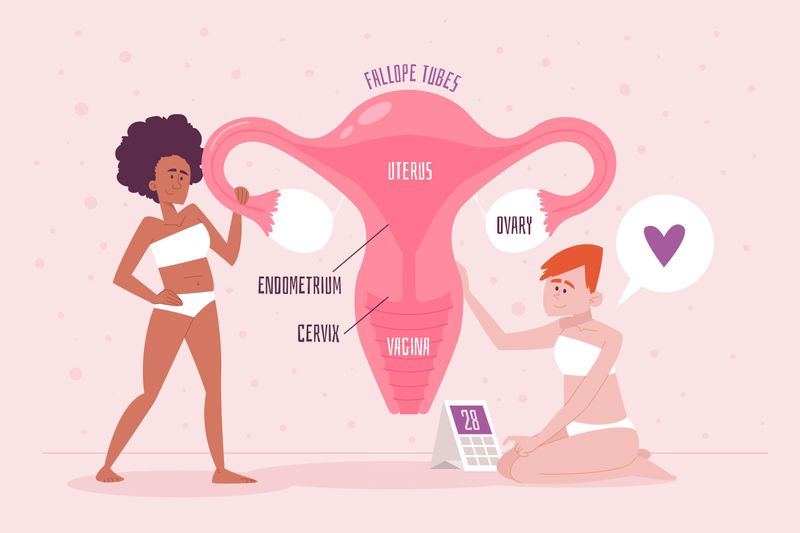
Aging is natural, but it comes with a hormonal shift that can take years to be processed by both your brain and your body.
How does aging cause menopause?
 When a woman is born, she has all the supply of eggs she'll ever need. Eggs for a lifetime! These eggs are inactive until you reach puberty and your body releases a hormone that wakes up the dormant eggs and starts your monthly ovulation cycle — better known as your periods.
When a woman is born, she has all the supply of eggs she'll ever need. Eggs for a lifetime! These eggs are inactive until you reach puberty and your body releases a hormone that wakes up the dormant eggs and starts your monthly ovulation cycle — better known as your periods.
But once you reach your mid-40s, the ovulation cycle becomes inconsistent. The production of the two hormones required for fertility — estrogen and progesterone — lessens. Most of your body's estrogen is produced by fat cells after this point.
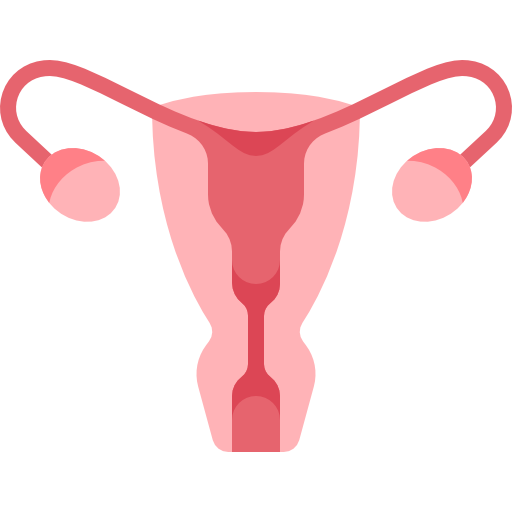 Initially, in the premenopausal phase, the decline in hormone levels might not be consistent. The levels might fall in a certain month and drastically increase in the next, creating hormonal imbalances — just like during puberty. Fluctuations in your menstruation cycle and flow in this phase are completely normal.
Initially, in the premenopausal phase, the decline in hormone levels might not be consistent. The levels might fall in a certain month and drastically increase in the next, creating hormonal imbalances — just like during puberty. Fluctuations in your menstruation cycle and flow in this phase are completely normal.

Menopause occurs when you have your final period and your ovaries stop producing any estrogen. You can't be sure you've reached the post-menopause stage until you complete one whole year without any kind of menstrual discharge.
Did you know?
How is it a turning point for women's health?
Menopause isn't a short-lived process. Its symptoms can begin several years before a woman's last period and may continue to affect the individual for years even afterward.
Theoretically, this post-menopausal phase is just temporary and doesn't last for more than 12 months. Yet, a considerable number of women experience life-long symptoms.
 Photo by Yuris Alhumaydy on Unsplash
Photo by Yuris Alhumaydy on UnsplashHot flashes (an uncomfortable sensation of warmth followed by sweating) are some of the most frequently reported symptoms, but they don't end there. Women often face the following symptoms as some of the major conditions post-menopause:
Night sweats
Heart palpitations
Sore breasts
Vaginal dryness
Hair loss
Decreased libido and sex drive
Extreme mood changes
Memory lapses and brain fogging
Persistent headaches and fatigue
Diabetes
Osteoporosis (bone fragility)
Subscribe for more quick bites of learning delivered to your inbox.
Unsubscribe anytime. No spam. 🙂
What makes it a challenging reality?
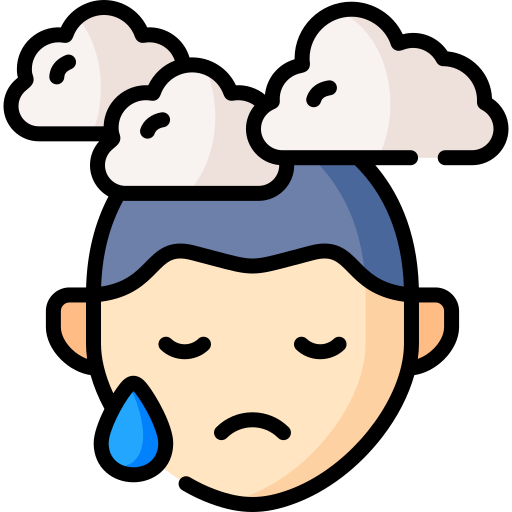 Imagine being part of a society that stands by you in your metamorphosis stage in life. Encouraging, right? Far from the reality.
Imagine being part of a society that stands by you in your metamorphosis stage in life. Encouraging, right? Far from the reality.
Although nearly half of the world's population undergoes menopause, women are hesitant to talk about it out of the fear of being stigmatized or ridiculed.
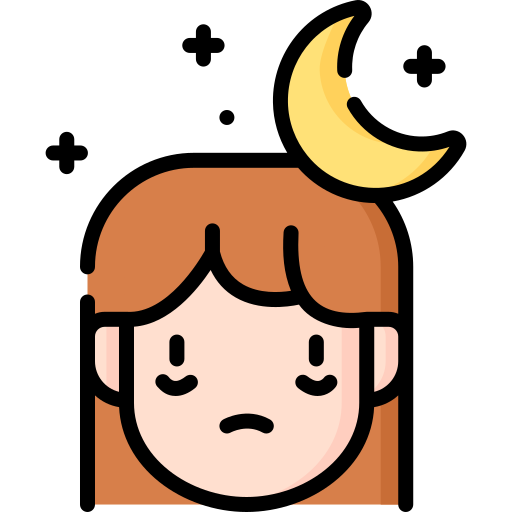 Nearly every 2 in 5 women claim that opening up about their condition gave their colleagues, employers, and husbands a chance to make jokes. This resulted in these women losing their focus, drive, and motivation to work — even their self-confidence.
Nearly every 2 in 5 women claim that opening up about their condition gave their colleagues, employers, and husbands a chance to make jokes. This resulted in these women losing their focus, drive, and motivation to work — even their self-confidence.
Moreover, once you reach menopause, your body and mind become more vulnerable to serious health threats such as anxiety, heart risks, osteoporosis, and even Alzheimer's.

Women may also quit work or retire sooner than most men, creating disparity and division in the workplace.
What lies on the brighter side?

A free life!
Despite all the ups and downs of a woman's menopausal journey, this time can bring you more freedom and that extra push to do everything on your wish list.
After menopause, you don't have to worry about your monthly period cycle, which means no more canceling plans because of cramps or PMS (premenstrual syndrome). This time, you'll have everything under control.

You also don't have to be concerned about unintended pregnancies, so now is the time to make the most out of your relationship but with precaution, of course.
With the right people around, you can continue to make significant contributions to society even in your mid-to-later years. Your passion should have nothing to do with how your ovaries work.
During what can be a long and stormy time in your life, it can feel as if your boat is stuck in a very choppy sea, but the relief on the other side can be your safe harbor.
Why does it require attention?
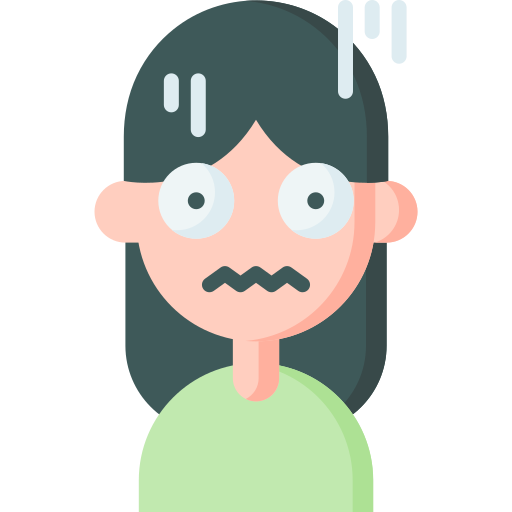 1. It can leave uninformed women perplexed.
1. It can leave uninformed women perplexed.
The lack of information and awareness confuses many women when they first start struggling with early menopause symptoms. Some might not even realize they're going through menopause and may think they're experiencing more severe health conditions such as dementia.
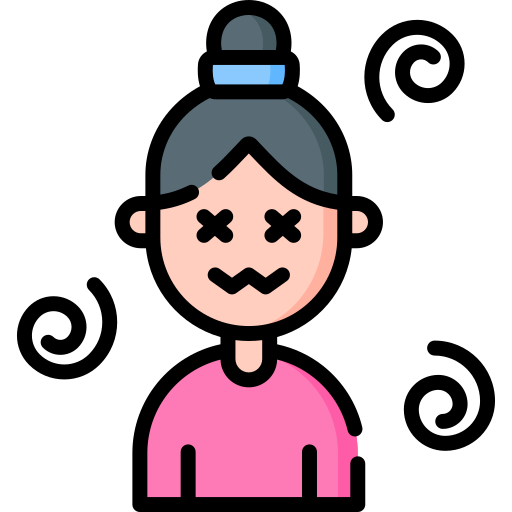 2. It undermines a woman's self-confidence.
2. It undermines a woman's self-confidence.
The fear of being called an outcast in society, incompetent at work, and cranky by her partner can shatter a woman's self-confidence and she might start to question her abilities. Raising the topic and emphasizing how it's equally important for men to be aware can make women feel supported during a vulnerable time.
 It can lead to women quitting or losing their jobs.
It can lead to women quitting or losing their jobs.Many women find it hard to keep up with work within an environment where colleagues and employers fail to understand and even recognize the menopausal transition. This can make workplaces extremely unpleasant and unwelcoming for women to open up.
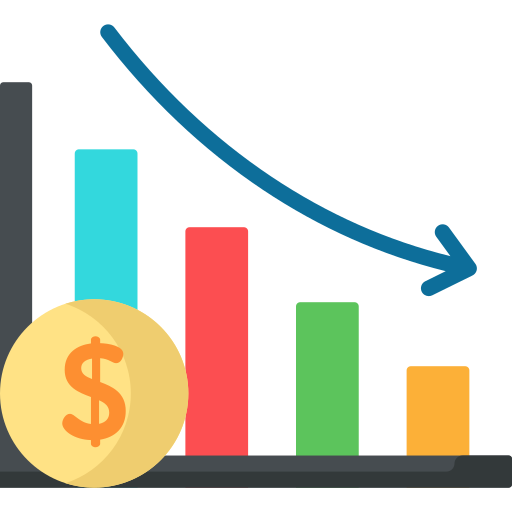 It impacts economic productivity, increasing the gender pay gap.
It impacts economic productivity, increasing the gender pay gap.Women make a vital contribution to the economy. Studies show that women leaving the workforce at the peak of their career proportionally decreases the productivity rate while increasing wage disparity.
Quiz
What is the best way to increase menopause awareness within a community?
Take Action
 So how can you create awareness about menopause in your community?
So how can you create awareness about menopause in your community?
Your feedback matters to us.
This Byte helped me better understand the topic.
